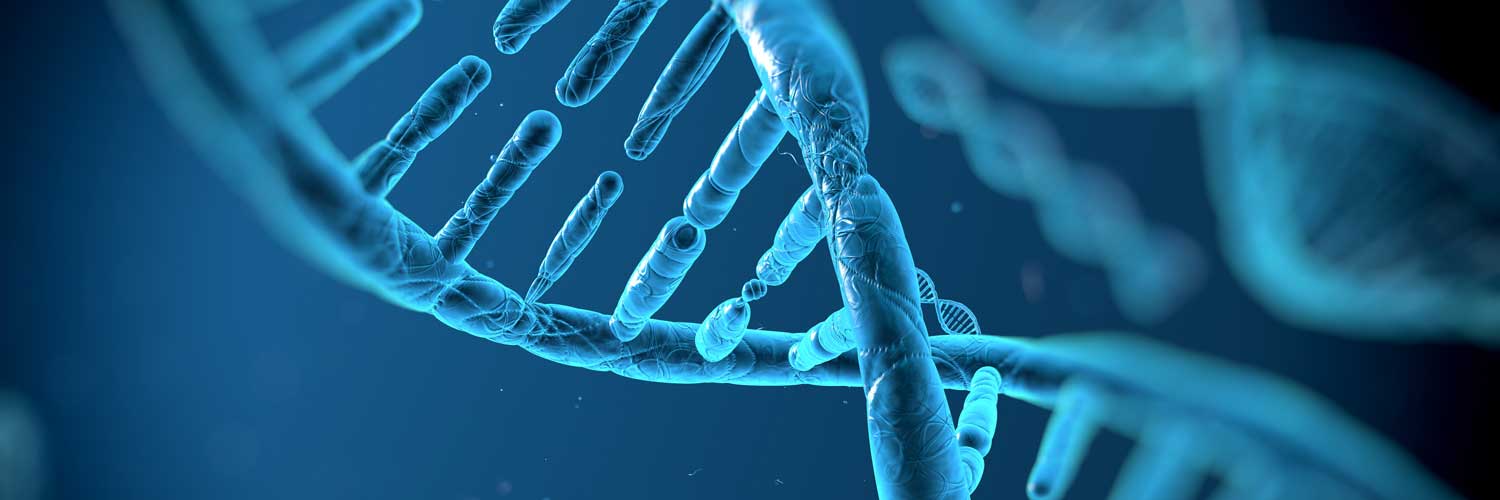Having sex during fertility treatment is mostly ok, with important qualifications
Many of our patients ask if they can have sex during fertility treatments. It’s a natural question. Sexual intercourse is the primary way to get pregnant and fertility treatments are the secondary way to get pregnant, so why not both together?
Generally, it is ok to have sexual intercourse while undergoing fertility treatment. But depending on the treatment, there can be times when having sex:
- Can be uncomfortable.
- Can be harmful to the woman.
- Can have a negative effect on a fertility treatment.
- Is encouraged!
Having sex is an important part of intimate partnerships. And enjoying sex during treatments helps maintain a strong relationship, which makes undergoing the treatments easier for both partners or a single parent-to-be.
Let’s look at the specifics by treatments. When addressing the topic of sex during fertility treatment, we are specifically referring to sexual intercourse of the penis/vagina kind.

At Ember, everyone is a VIP – very important patient
Sex during fertility treatment: ovulation induction with Clomid
One of our simplest treatments is to use fertility drugs, such as clomiphene citrate (Clomid brand name) or letrozole (Femara), for ovulation induction along with timed intercourse. At the proper time, which we determine by monitoring the presence of multiple follicles and ovulation, the couple is supposed to have intercourse.
Often the hormonal changes introduced result in some bleeding for the woman during intercourse. If intercourse also involves pain or heavy bleeding, I recommend temporarily refraining from having sex. Patients should discuss their bleeding and pain with our specialists. We will then determine when having sex again is advisable.
Sex during fertility treatment: IUI (intrauterine insemination)
IUI is a fairly simple fertility treatment that places sperm directly into the uterus. More often than not, medications are used for ovulation induction to produce multiple mature eggs, as in the process described above. Here’s what you should know about sex during an IUI cycle:
- The male partner should avoid ejaculation (including masturbation) for 2 to 7 days before collection of the sperm that will be placed in the uterus. This helps produce a better sample.
- Sex is generally allowed during the first few days of hormonal stimulation, which may last 10-14 days. Avoid sex toward the end of stimulation (except as noted below) to prevent damage to the ovaries, infection and a multiple pregnancy of twins or more as this carries risks for the mother and child.
- I may recommend intercourse the night of the “trigger shot,” which is a hormonal injection that is the final step in preparing the eggs for ovulation. This ensures sperm are present when ovulation occurs.
- I usually recommend having sex the evening after the procedure to increase sperm availability.
- If you experience discomfort or pain with sex, discontinue it and talk to your Ember providers.
Sex prior to semen analysis
A semen analysis is the primary fertility test for males. While not a treatment in itself, it is often the main way we determine what treatments to use for the couple or individual.
Men scheduled for a semen analysis should not have sex – should not ejaculate at all – for 2-7 days before the semen sample is collected and given to our clinic. Avoiding ejaculation optimizes the sperm count in the sample. Don’t abstain for more than 7 days, as that can impair the quality of the sperm.
Sex during IVF treatment
The question comes up often regarding IVF (in vitro fertilization), in part because it takes longer from start to finish and because an IVF cycle involves several steps. Sexual intercourse is generally safe at designated times during the IVF cycle, unless I advise otherwise due to an individual’s specific situation.
Avoid natural pregnancy during IVF
It is possible to conceive naturally during IVF treatment, though we discourage that. Sex during IVF should be with barrier protection to prevent natural pregnancy.
According to a National Library of Medicine article, natural pregnancy during IVF is a heterotopic pregnancy. This is when the natural embryo and the IVF embryo are both present. Natural ovulation can occur when it’s not expected during IVF. Risks include:
- Multiple pregnancy.
- Ovarian hyperstimulation syndrome.
- Ectopic pregnancy.
Risks of protected sex during IVF
The main risks of having protected sex during IVF are physical discomfort, ovarian complications or infection after procedures. Even when sex is ok, women may well find it uncomfortable due to enlarged ovaries. Women react differently to IVF and should be attuned to how their bodies feel during sex at this time.
Following is information regarding having sex related to the steps of IVF, which are ovarian stimulation, egg retrieval and embryo implantation.
During ovarian stimulation (ovulation induction)
Injections for ovarian stimulation to create multiple eggs lasts 10-14 days. I say that having sex during the first few days of stimulation is ok. But use a barrier contraceptive like a condom. This is for the reasons related to heterotopic pregnancy above.
Toward the end of stimulation, avoid sex. At that time, the ovaries can get bigger due to the increased number and size of follicles, which are fluid-filled sacs that nurture the eggs. The intensive activity of sex can cause follicle rupture that can lead to infection.
Sexual activity can also cause ovarian torsion, which is when the ovary twists on its ligaments and cuts off the supply of blood. These complications are rare, but there’s no need to take a chance.
Egg retrieval
Before egg retrieval the ovaries are still in jeopardy of follicular rupture and ovarian torsion. Avoid sex at this time. Besides, your tender ovaries can make sex very uncomfortable.
I advise to avoid having sex for at least 7 days after egg retrieval. Depending on your individual circumstances, I may advise you to wait longer or until you have a period.
Embryo transfer and after egg donation are times for pelvic rest
My instructions are not to have sexual intercourse from the day of embryo transfer (either fresh or frozen embryo transfer) until we detect the heartbeat of the baby.
From day 5-7 after transfer is a time prescribed for “pelvic rest.” Not having sex during this period gives the embryo undisturbed time to implant to the uterine wall for a successful pregnancy. This information applies to donor egg recipients also.
By day 7, a pregnancy test can determine if it was a successful implantation. If the transfer was not successful, you can have sex.
As a precaution, I advise not having sex until heartbeat detection. However, sex is not forbidden, I just discourage it. I will discuss this with each patient. One concern is avoiding potential sexually transmitted infections.
Some women are prone to complicating issues in this early part of pregnancy, including miscarriage. Intercourse at this time can cause infection in the uterus that can harm the embryo. The female orgasm can cause uterine contractions that jeopardize implantation.
Frozen embryo transfer to a gestational carrier
I require that the gestational carrier receiving the embryo not have sexual intercourse from the time of the first injection of Lupron until detection of the baby’s heartbeat. Sperm can live for 5 days after ejaculation, so we don’t want the gestational carrier to get pregnant through another partner.
After transfer, the above advice on sex after embryo transfer holds for gestational carriers as well.
Why having sex during fertility treatment is helpful
After all the cautions above about when and why not to have sex during treatments, I want to emphasize why having sex is beneficial. Fertility treatments are stressful, with ups and downs and a number of worries that can affect intimacy. Maintaining strong emotional connections is essential during and after fertility treatments.
Having sex can help couples maintain strong bonds of support, love and affection. I often see that couples and individuals who have a healthy and satisfying sexual relationship throughout fertility treatments adapt better to the stresses and unknowns of the journey.
Having sex helps boost feelings of satisfaction with the treatment and elevates each person’s overall well-being.

Q&A on having sex during fertility treatment
Can you have sex during fertility treatment?
In general it is ok to have sex during fertility treatments, but important qualifications apply depending on the treatment. Sometimes having sex during treatment can be uncomfortable, cause medical issues and can reduce the treatment’s effect.
Can you have sex before frozen embryo transfer?
Yes, you can have sex before frozen and fresh embryo transfer. But do not have sex from the day of the transfer until heartbeat detection, which is called a period of pelvic rest.
Why no sex after egg retrieval?
Because the ovaries are tender and prone to damage, avoid sex for 7 days after egg retrieval. Also avoid sex before egg retrieval as ovarian torsion and follicular rupture can occur.
Is sex ok during IVF stimulation?
It is ok to have sex during the first few days of the 10-14 day stimulation period, but use a barrier contraceptive to avoid a multiple pregnancy. Avoid sex toward the end of stimulation to prevent infection and follicle damage.
Can you have sex during IUI?
You can have sex the first few days of ovulation stimulation, if that is used in IUI. You should avoid having sex toward the end of stimulation, though we will discuss the prospect of having sex the night of the trigger shot, which is the final step in stimulation. And you should have sex after the procedure.
Why should I have fertility treatment at Ember Fertility clinic?
Our fertility specialist Dr. William Freije, IVF Lab Director Dr. Avisa Asemi and the entire clinical staff are highly trained and experienced in all aspects of fertility care, demonstrating excellent rates of success. Ember patients receive VIP treatment, including their own personal care concierge.




